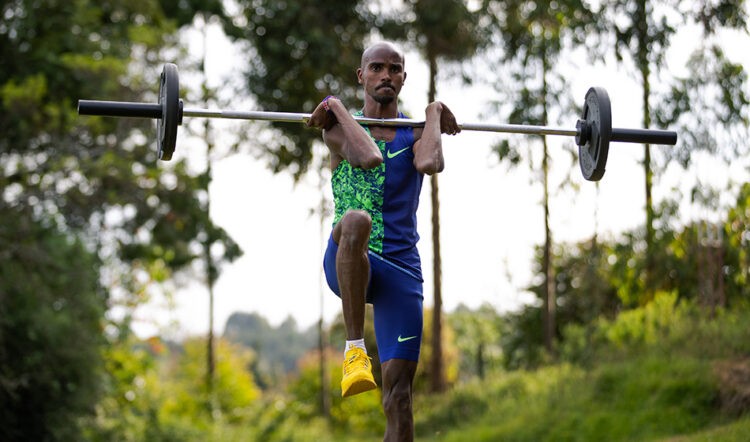It is often seen as a vital tool but does pumping iron really help create faster, more powerful and enduring athletes?
Nearly all athletes use weight training as part of their routines. However, the science behind how to get the most from it for direct athletic improvement is neither consistent, nor even fully understood.
So many variables influence how successful a weight training programme will be. For a start, not all athletes will respond to weight training in the same way. Some may bulk up considerably in response to specific protocols, while others won’t.
Firstly, it should be noted that an increase in lean mass, although potentially allowing for the expression of more power, can also result in more weight to be carried on the athlete’s body. An increase in muscle mass can slow all distance run times if the athlete’s power-to-weight ratio is negatively affected.
Secondly, weight training protocols for improving athletic performance are incredibly varied, although there is an emerging consensus as to what the desired outcome should be.
Thirdly, athletes do not weight train in isolation. Their training comprises of multiple other elements. Some of these may compliment weight training’s physiological consequences (such as plyometrics), while others may not (such as endurance training).
For sprinters and jumpers, it could be the plyometrics they are doing which is improving performance rather than the weight training. For the thrower it could be the medicine ball or implement throwing and not the weight training.
Fourthly, not all muscles are as important as others when it comes to improving athletic event performance. The glutes and the hips may be the key muscles needed for improved sprint speed, for example, so these may not be being specifically targeted.
Research indicates that, compared to non-athletes, sprinters and jumpers’ hip and glute muscles are larger, too, so the weights programme needs to reflect this. Different events require different specific muscles to be optimised for optimised performance.
To lift or not to lift
I have studied and researched weight training, as well other conditioning means, as a coach for decades. I want to find out what will really improve performance.
Like many coaches I now don’t see it as being as central to directly improving athletic performance as it has been seen previously by many.
When you lift weights you are constrained in many ways. You cannot move the weight as fast as you…
CLICK HERE to Read the Full Original Article at AW…

